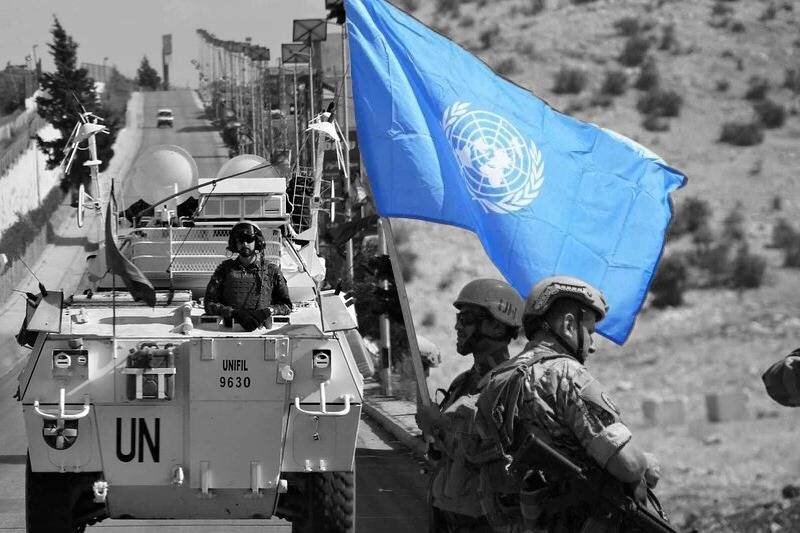South Lebanon – Israel Hayom writes that the US administration has notified international partners that it is reluctant to renew the UN interim force mandate in Lebanon (UNIFIL), which is due to be approved at the end of August.
The Jerusalem Post explained that if it officially proposes UNIFIL’s mission, which has been run during the future Security Council vote since 1978, UN diplomats hope that Washington will face French opposition.
Every year, the update of UNIFIL’s mandate is consistent with discussions regarding the role of these forces in the South.
The debate has changed dramatically in the past two years, especially following the September-November Israeli war with Lebanon, especially after the enemy targeted Unifil positions, patrols and facilities that were intentionally or unintentionally targeted.
UNIFIL is always targeting Israeli enemies. Most notable of these was the shelling of the United Nations headquarters in the towns of the southern towns during the 1996 invasion.
In June 2022, the Israeli occupation navy also surrounded the Unifil’s Indonesian ships and launched a radar attack with six fighter jets and a Sa’ar 4.5 corvette. The technical error could have turned the incident into a disaster for Indonesian soldiers.
This year, UNIFIL updates coincided with Israel’s strong objections to the continued presence of these forces, while the country (particularly the five permanent members of the Security Council) is linked to the situation in Lebanon.
While Washington supports the Israeli occupation position, Paris insists on maintaining these forces.
France traditionally drafts an update proposal every May. This year, I drafted the text in much the same way as the formula used to renew last year’s delegation. This sparked widespread objection with the removal of phrases such as “with the approval of the Lebanese army” and “enforce the freedom of Unifil.”
On his visit to the occupied Palestinian territory, Jeanine Hennis-Plasschaert, the special representative of the UN Secretary-General, heard the complaints of enemy officials over a recent meeting with Wafiq Safa, Hezbollah’s sheriff.
The Israeli colonial regime has long argued that Unifil “covers” the freedom of movement in Hezbollah, south of the Ritani River, establishing camps and weapons depots just a few metres from its headquarters.
Meanwhile, Beirut is waiting for America’s position. This awaits the American position presented to Trump’s Deputy Envoy, Morgan Ortags, or her successor, regarding proposals to amend Unifil’s mission, cut staffing or halt funding.
In a meeting with Finland’s Foreign Minister Elina Balton, President Joseph Aung supported Lebanon’s commitment to maintaining Unifil in the South.
Beirut is advised to refrain from continuing Unifil’s traditional missions from Paris. Instead, Unifil’s authority is suggested to be extended by enforcing freedom to operate without Lebanese military escorts, but still allows them to carry out various missions.
Lebanon relies on France on UNIFIL’s budget and its update issues. Sources say that serious debate is ongoing in this regard with the countries involved, particularly China and Italy (1,098 with the largest number of troops).
With regard to UNIFIL, it proposes that if its power is reduced, its equipment will be strengthened using modern technical means such as drones and watchtowers.
Washington is attempting to enforce the terms of intimidation, and will grant the authority to use enforcement whenever necessary rather than as a surveillance role, and allow the town to enter without coordination with the Lebanese army, particularly by modifying UNIFIL’s power of attorney, and to manipulate Chapter VI, VII of the UN Charter.
Therefore, the US could extend Unifil’s mission for a final period of six months to two years, with the Lebanese Army completing its deployment south and north of the Ritani River.
As the deadline for renewal for Unifil forces in southern Lebanon approaches, external and internal pressures will increase, allowing Israel to establish a buffer zone at the border with Palestinian territory and prevent residents from returning to their lands and homes.

